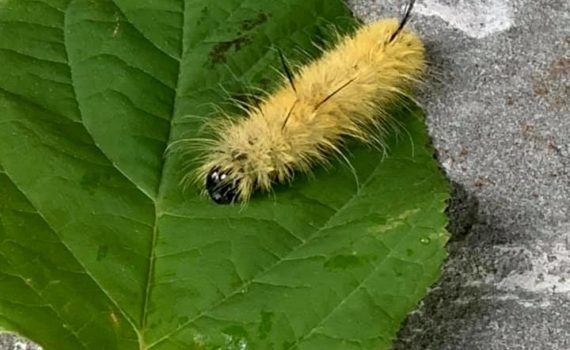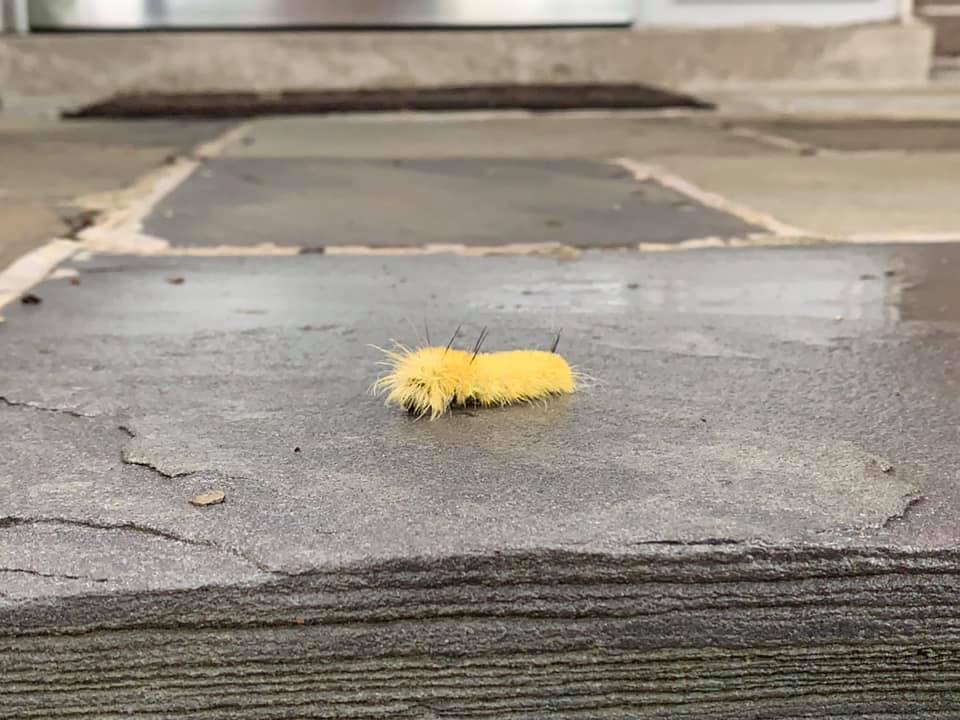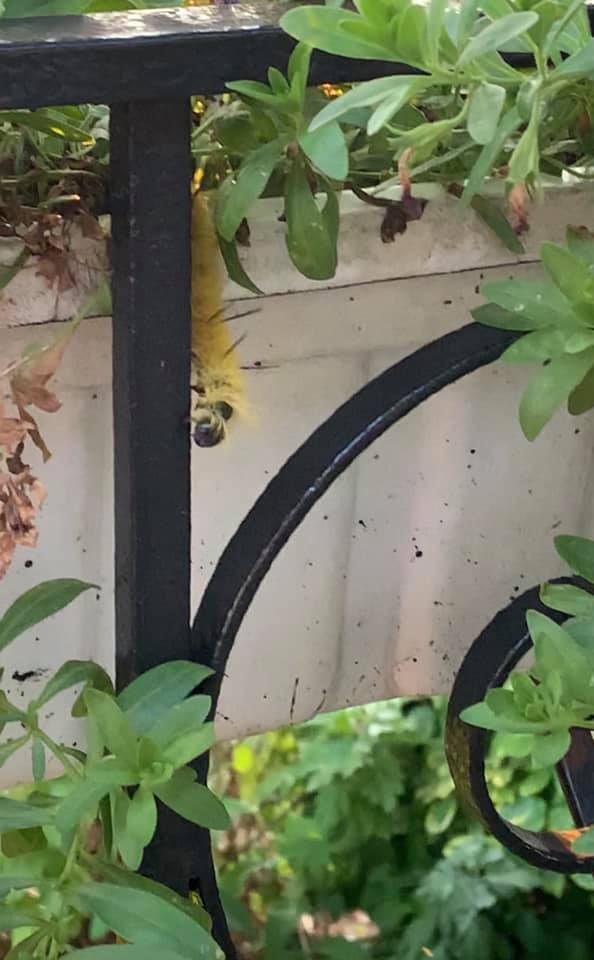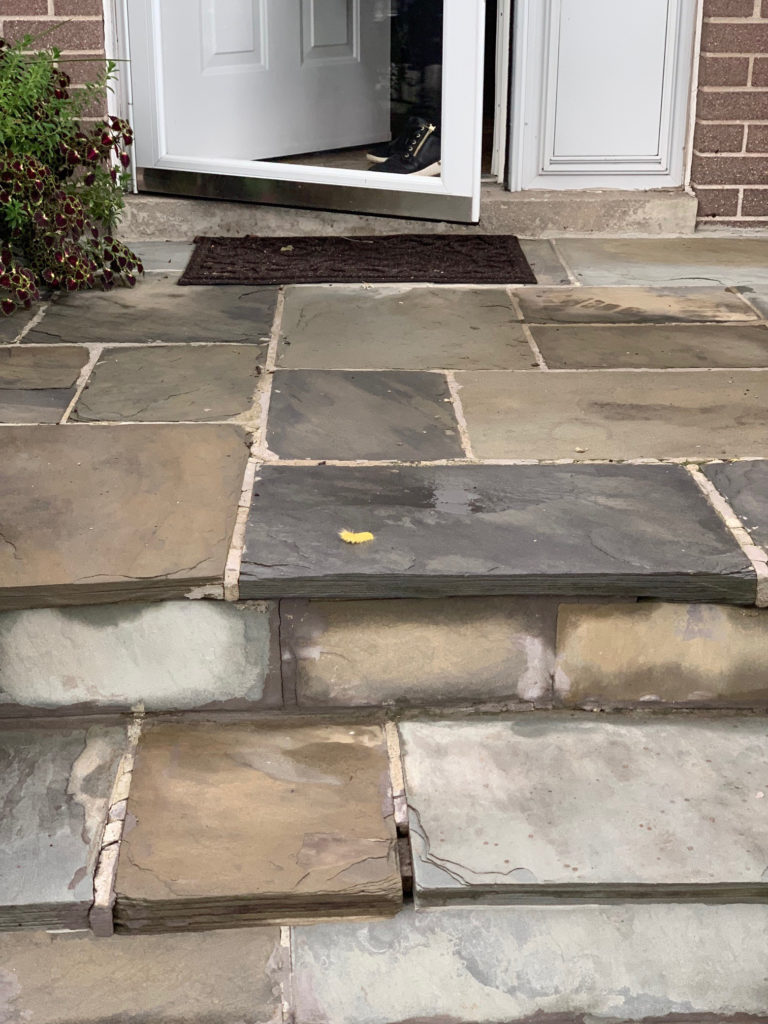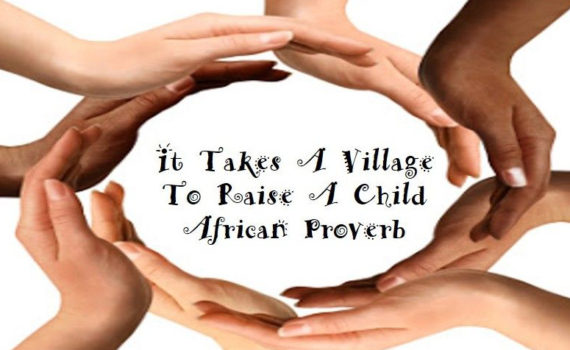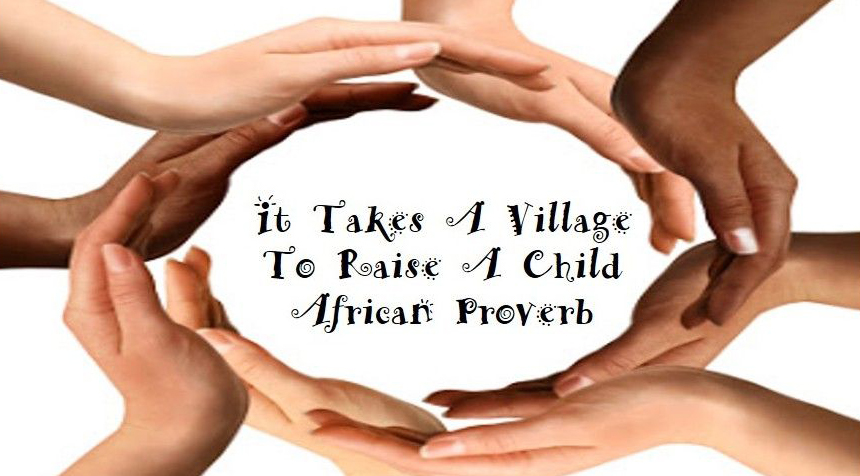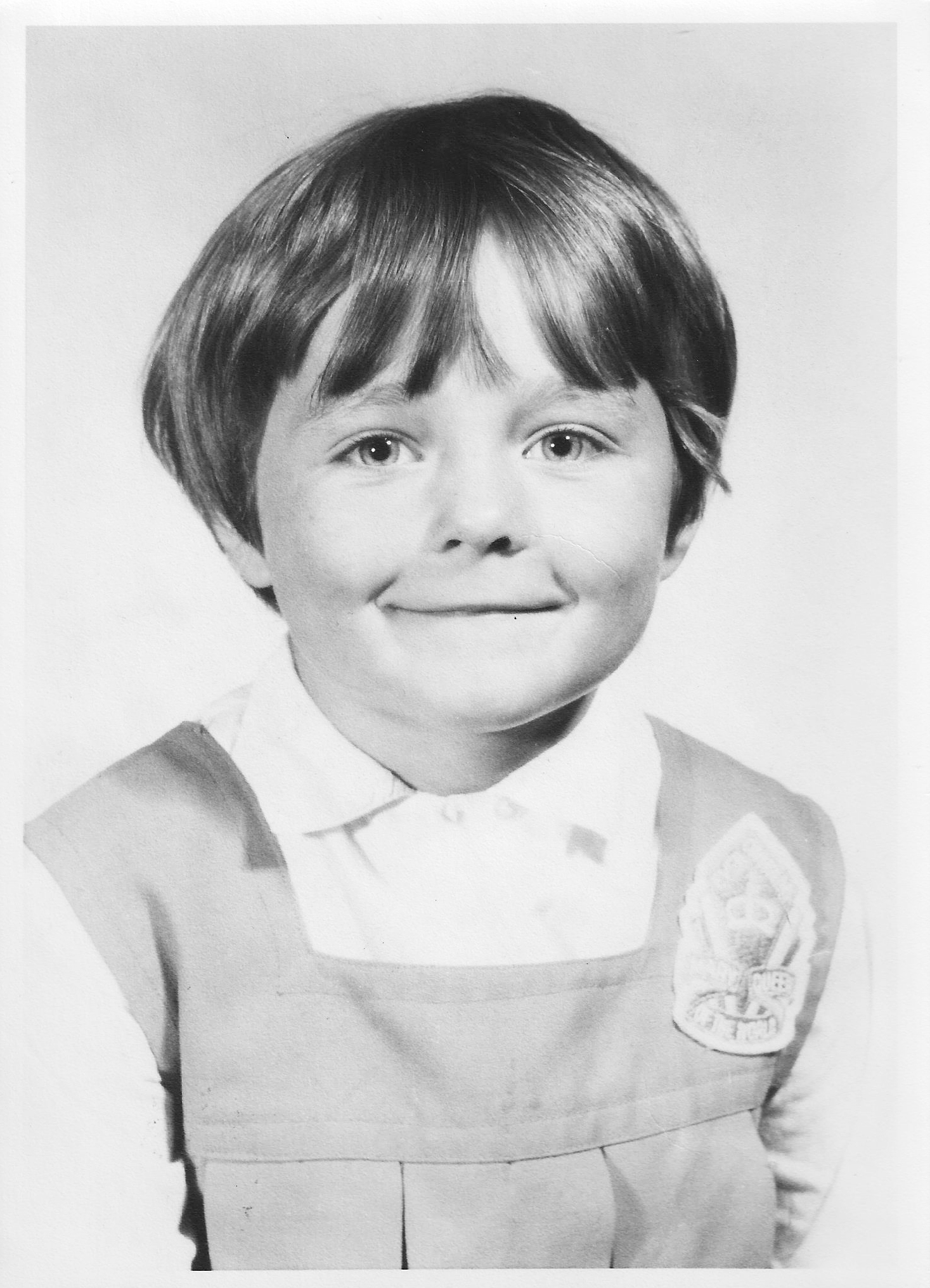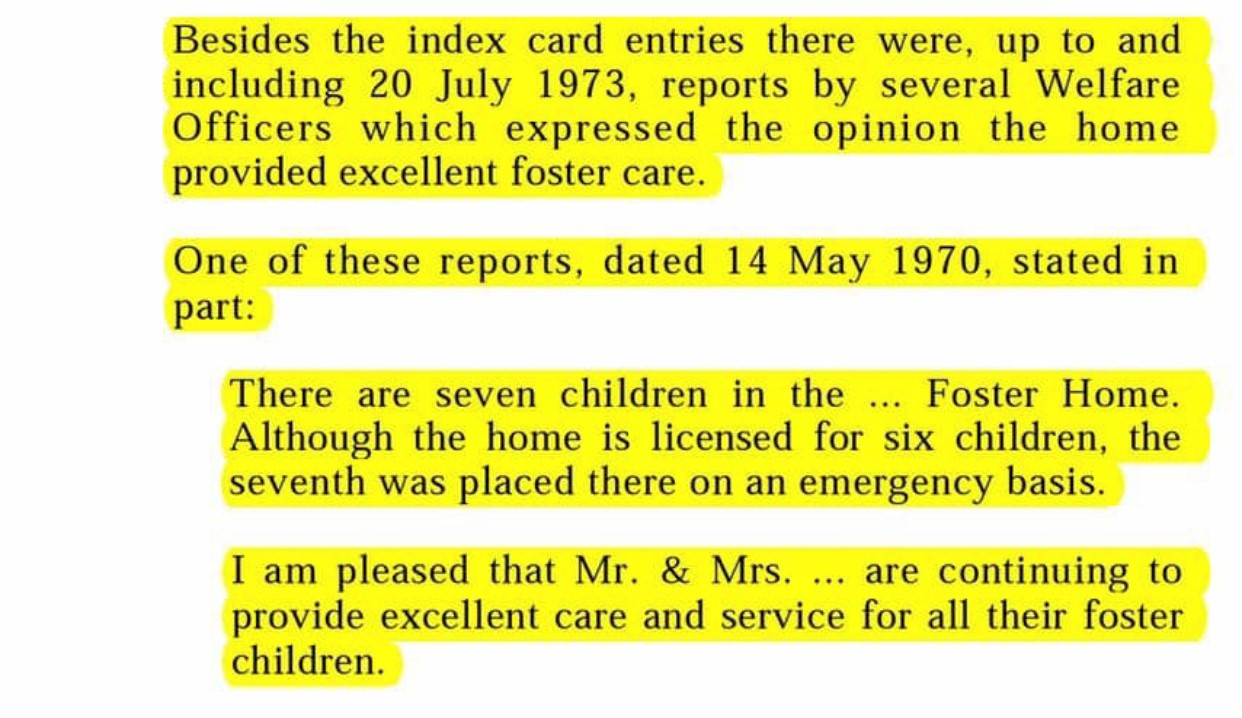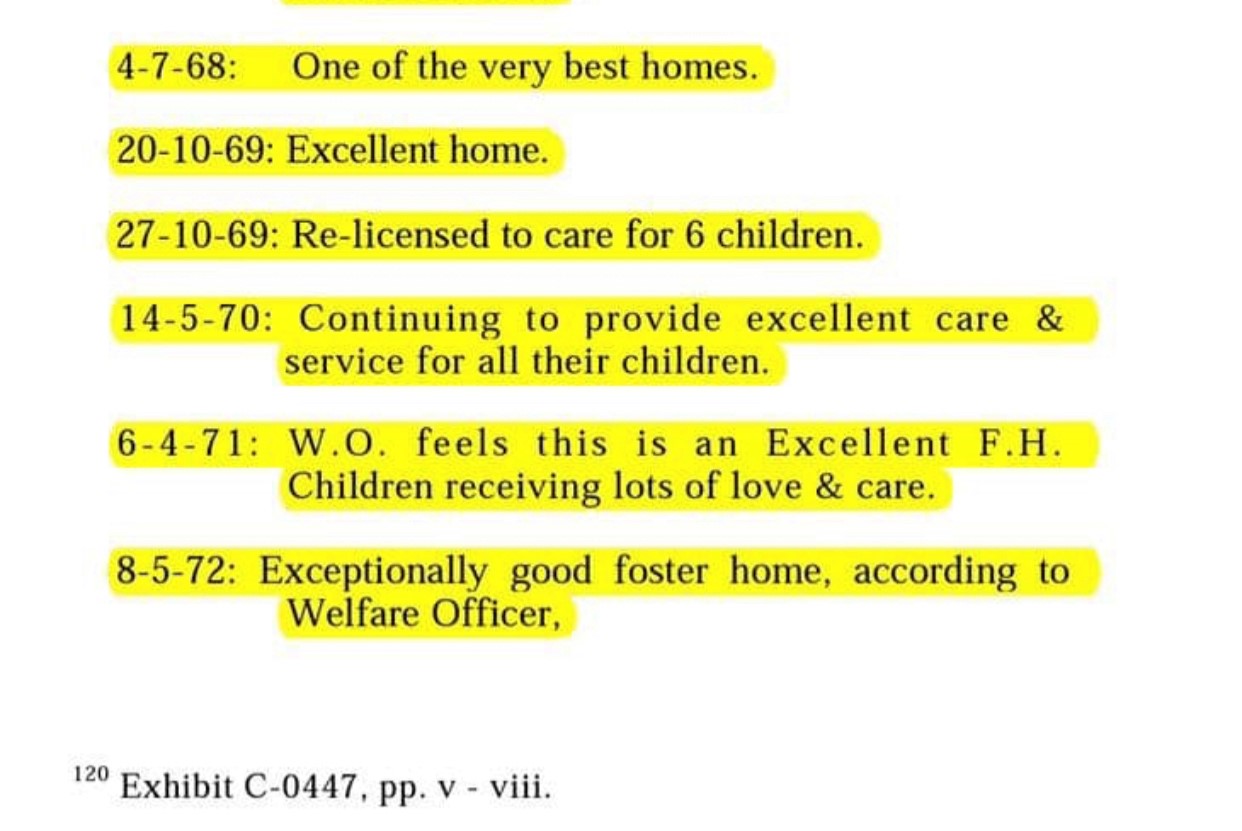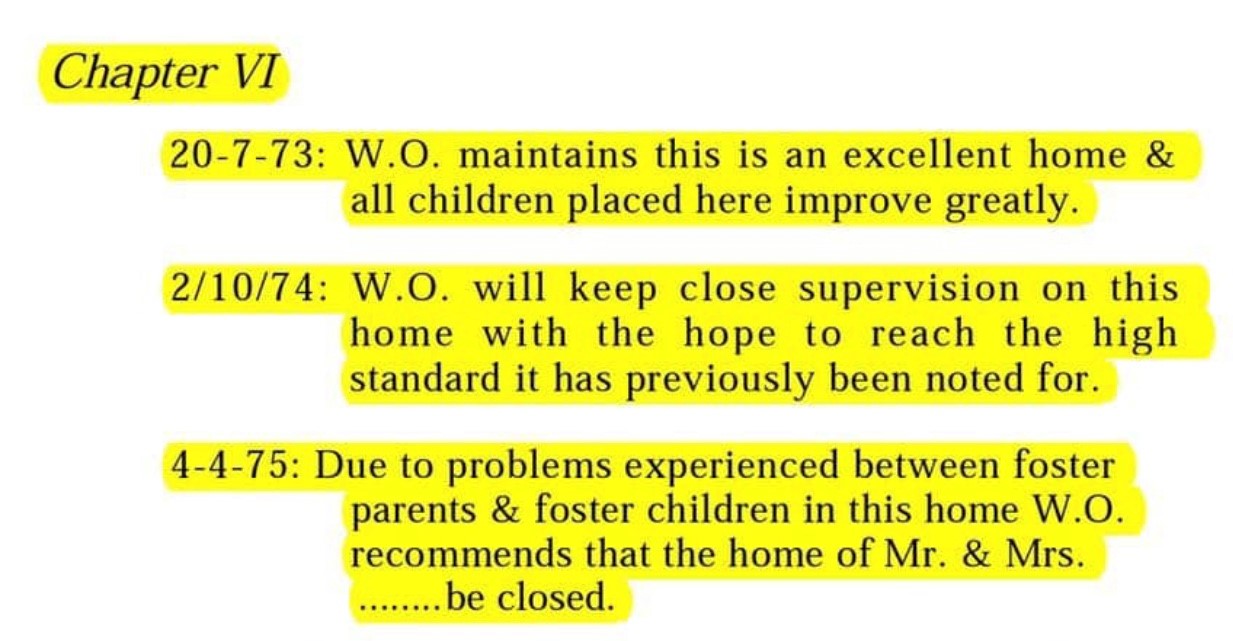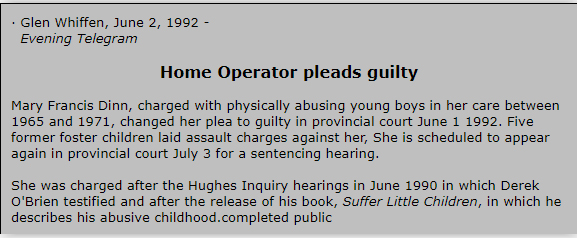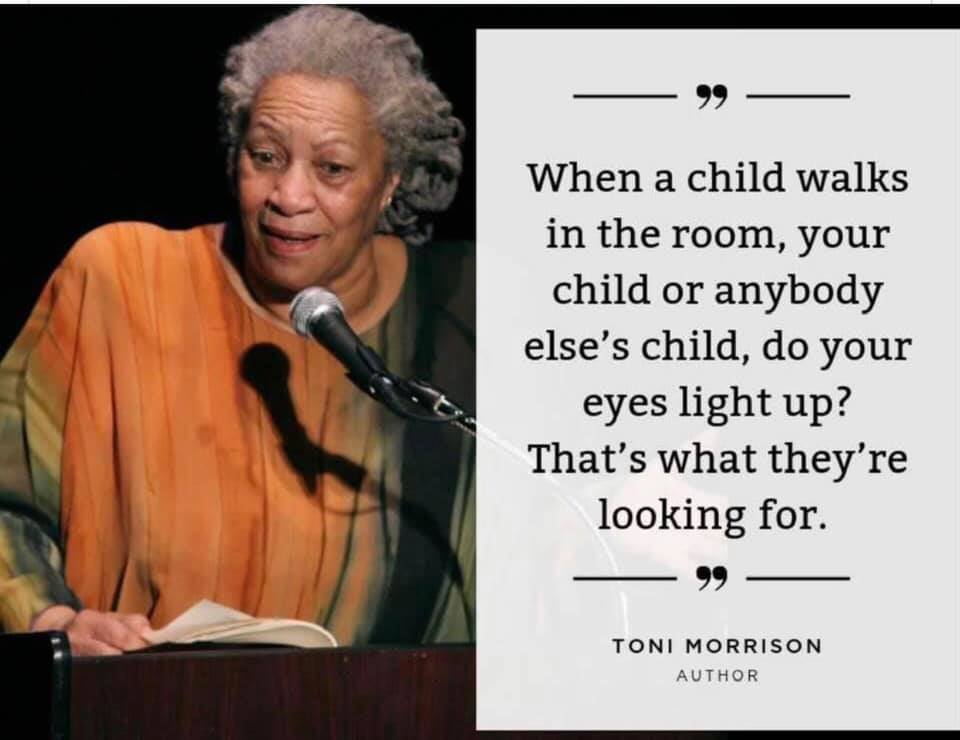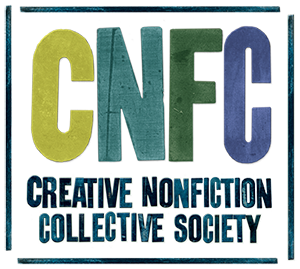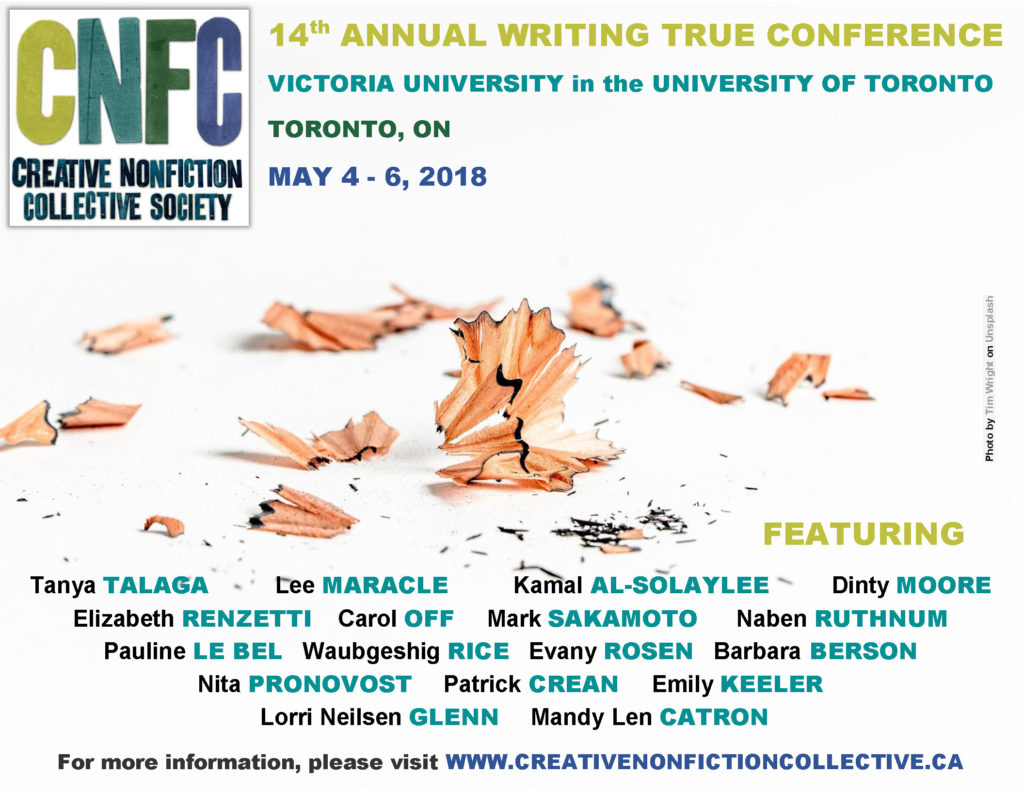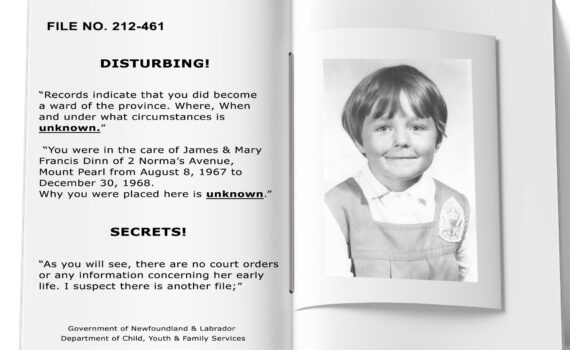
Forgotten Children
Category:Child Advocacy,Foster Care,Memoirs,Non Fictionby Judith Mallard
Forgotten Children
I have been watching as if from afar, all the recent stories about children’s bodies being found in mass graves. Telling myself not to react, not to even feel. Because I am afraid if I do, if I let it out, even just for a moment, I won’t stop crying.
I asked myself if I would know where I would first place my anger and the answer comes pretty quickly. I would blame those that supposedly took up the reins, the responsibility to protect and rescue these children, and eventually, just ended up destroying them. I would definitely start with those.
What angers me more though, is the general disbelief that this could have even happened. How could it not happen seems more of a logical question to me. But for some, it seems easy to try and ignore the whisperings on the wind, the snippets of conversations skipping over things like child abuse, elder abuse, and racial injustices – just pick any vulnerable group and you will see the long unending historical happenings that spoke of this for decades and decades. We are ALL aware of this, if we’re willing to be honest about it.
Then one day I heard yet another hundred bodies of indigenous children were discovered. Now let that sink in for a second. Give it that moment of heart-wrenching silence that it deserves. Say it again. Hundreds of tiny children’s fragile little bodies were found buried in mass graves underneath schools run by governments who had decided they were the best ones to take the children, protect them and give them a better life. I can’t help but wonder if “indigenous” was not in front of the word children would the screams be any louder or reactions any more horrific?
But I didn’t see those headlines plastered all over the place non-stop. I saw them fly by quickly in news feeds and flashes. It’s as if we have just become indifferent to so much horror and the need to just distance ourselves from what we know is actually going on.
This is very personal for me and I won’t even bother to hide it. You’ll learn that about me anytime you peruse my philosophical ramblings or my 3 a.m. writings. I like to strive for authenticity as often as possible. Nothing intrigues me more than authentic people with authentic dialogue. Even if I don’t want to hear what you have to say but knowing perhaps I may need to hear it. If it comes from a place of authenticity and respect, then I’m all ears.
I’m currently in the process of writing my memoirs about growing up in foster care in the late 60s early 70s. It’s not an easy task and I knew it wouldn’t be. And the one point I really need anyone and everyone to hear is that my story is just one story. And if my one story shocks you, then hold on tight because it is a lot worse than one story.
In my research, these stories just seem to pile higher and higher with each turn of a page. The pain, the suffering, the abuse, and the trauma is so overwhelmingly mind-blowing. I had to stop writing in 2020 because I felt too drained, emotionally and physically. Combined with pandemic PTSD, there were days I felt as if I was just going through the motions. But I now realize my story is more than just a story. It needs to be a call to action, and not just another five-year data modeling, document gathering exercise in futility, as to what went wrong or where did it go wrong. For some reason, people seem relieved if they can just blame someone. As if, oh that’s to blame, or it’s their fault, we couldn’t have done anything, so now let’s move on. Because we found someone to blame and we wrote a report on it.
I swear, as mere mortals, we spend more time documenting and explaining what is wrong or how it should be fixed – than actually removing the threat or fixing what needs to be fixed.
A Broken System.
There is a picture below that I’m attaching to this post. It is a comment from the Judge that sat on the Supreme Court of Newfoundland to oversee the appeal of Mary Dinn, a woman who was accused of long-term and continuous child abuse. Now this evil wench was charged with only five cases. And just to provide a brief historical snapshot, this woman was considered a stellar foster parent by Children’s Services for over 10 years. Reports indicated that she had 46 children in her care over that time period. Which does beg the question, why only five charges?
Was this an attempt by provincial or federal agencies to placate the victims, to show, “look how we are fixing all this wrongness?” Especially in light of the horrendous scandals from the Mount Cashel Orphanage along with the Hughs Commission Inquiry that lo and behold discovered that the abuse was also running rampant in the private homes. Once again under the lovely umbrella of the government. Oh yes, I do know where to place my anger in all of this. And I think it’s pretty justified. Why aren’t more people getting angry though?
I was one of those 46 children with Mary Dinn – no one ever contacted me or called me or asked me for a witness statement. I would have loved to stand in a courtroom and face that evil incarnate. To tell her she was wrong and that I wasn’t “a worthless dirty child that no one wanted, not even your own parents.” It’s not the Justice system that I’m angry with. They can only hand out justice when a case is brought to them and I think they handled it somewhat ok. For me, it’s the government agencies that should be raked over the coals and their policies or lack of that allowed for all of this to occur. The so-called “Guardians” of the children.
During my own personal research, when I had obtained my own children services files under the Freedom of Information Act, I can honestly say nothing prepared me for reading the two-page letter that they first sent out to me where they told me quite point blank that:
“records indicate that you did become a ward of the province, where, when and under what circumstance is unknown.”
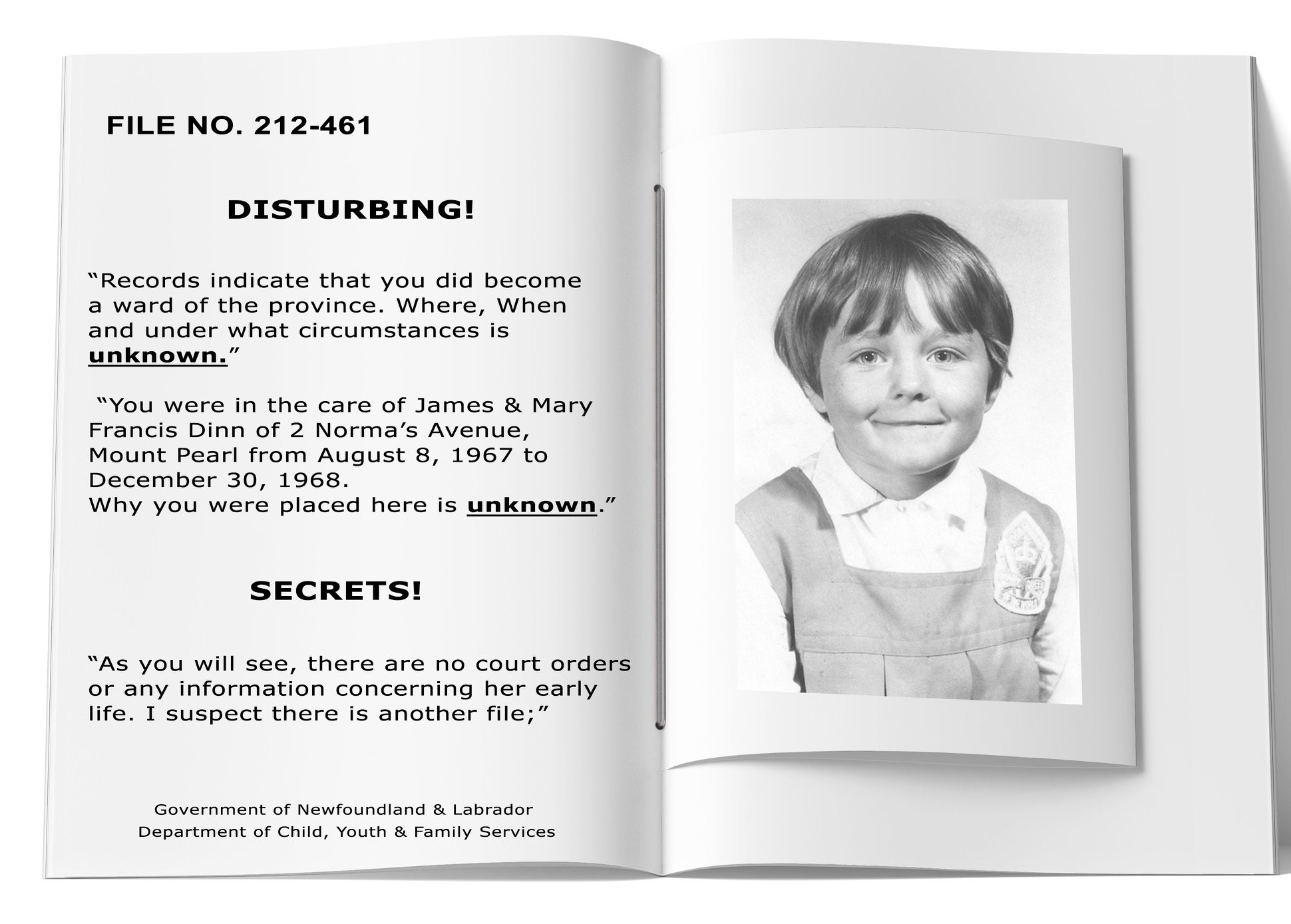
How can any legal guardian that has supposedly taken a child to give her a better life not even be able to tell how or why they took her?
And yet some folks will wonder how so many children fell through the cracks? These weren’t just cracks, we’re talking about major sinkholes here. And I’m also willing to say that it is a lot worse than what is even being reported. Or should I say, being hidden in reports.
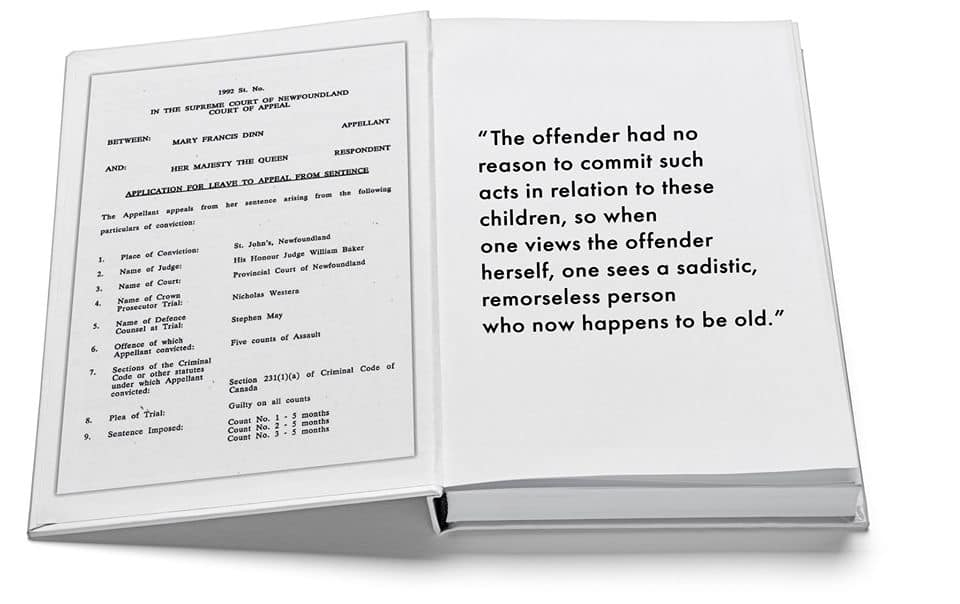
This evil, vindictive woman ruined so many lives, of that I have no doubt. Yet she was government-approved and supported for at least ten years. So what does that tell you about the systems in place?
I spent FOUR HUNDRED AND EIGHTY-FIVE days with that woman. And there are broken pieces inside of me that I will never be able to heal, I just can’t. 485 days is too long a time when you’re only six years old and trying to figure out where and why your mommy and daddy suddenly disappeared. And the only person you have to give you any guidance is as the judge describes her “a sadistic, remorseless person.”
This is and should be a global responsibility and a global call to action. One child abused, mistreated or neglected, is one child way too many.
There is a chapter in my book called A Broken System – it comes after I tell my story and after many sleepless nights where I often questioned why I needed to share my particular story. It was then I realized that if I, like so many others, just keep burying the truths, then how will we improve upon something that is so broken? How will we stop history from repeating itself time and time again? There are so many adults today, walking around wounded and scarred, because they carried such traumatic stories but felt they couldn’t share them with anyone. And a lot of times that pain was so deeply wrapped in feelings of despair, shame and even guilt. So they buried them even deeper, but they never ever went away. We can’t heal if we don’t share what has caused our pain and suffering. Nor will we as a society fix what is broken if we don’t accept that some things are still broken.
The Statistics are Staggering
Globally the statistics are staggering. In Canada, there are over 3,573 municipalities. In Ontario, where I lived for many years, “collected data,” in 2018 indicated there were 148,536 Child Maltreatment investigations. In ONE year. ONE province, “reported” over 140,000 abuse cases. And another interesting note, especially with all of today’s current news headlines, it was also noted in 2018 that “indigenous children were identified as a key group to examine because of concerns about overrepresentation in the foster care system. Indigenous children are approximately two and a half times more likely to be substantiated than non-indigenous children. (38.03 per 1,000 indigenous versus 15.15 per 1,000 non-indigenous) *excerpt from Ontario Incidence Study of Reported Child Abuse and Neglect – 2018*
The reports and data I’ve collected from the US are just as scary, just a lot more numbers of child maltreatment cases spread out over a lot more geographical space. But they seem to follow a similar path of “let’s just do another report.”
We have known about child maltreatment for decades. Just like we’ve known about elder abuse and racism.
So the question is – why haven’t we done more? And why is it still occurring?
